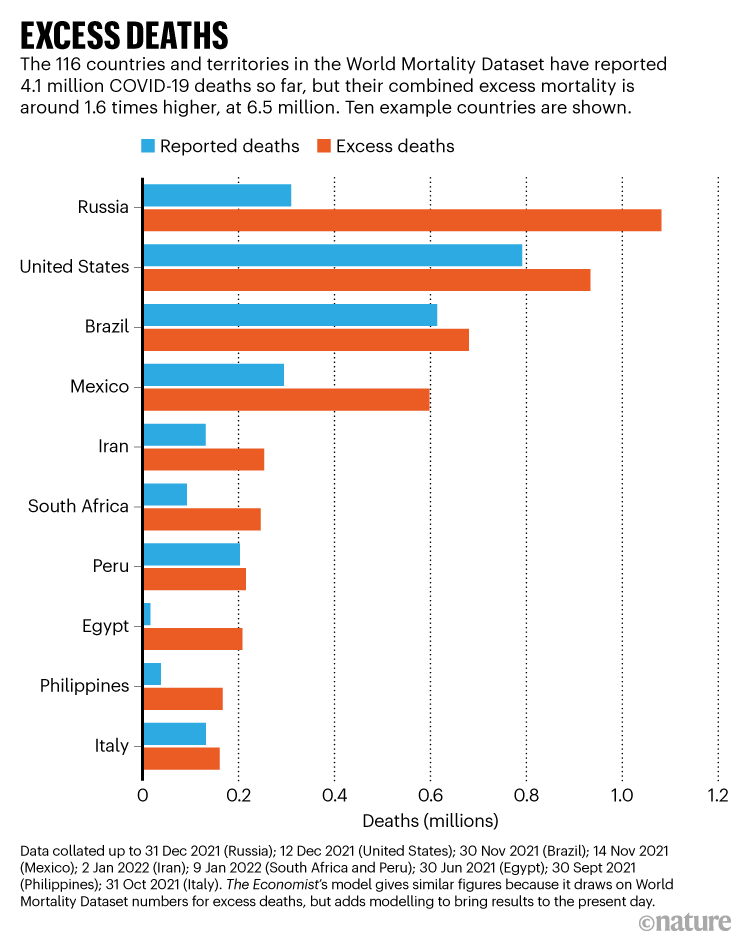I would argue that the terminology here is confused. An "authoritarian" country is, in my understanding, one in which an individual or small group holds a vast majority of power, without an effective representative government (though there may be one with minor powers for appearance's sake). A representative government that is exercising a lot of powers, but is beholden to an electorate, is not authoritarian. Did the British government exercise a lot of power during WWII? Definitely. Was it authoritarian? No.
It may be argued that some actions it took were similar to ones an authoritarian regime would take, and indeed there were those who worried that in trying to defeat Hitlerism (to use Churchill's term), Britain would turn itself into something similar. But ultimately, those fears did not come to pass.
So with that said, yes, some measures to attempt to control covid fall into that, "are we imitating authoritarian regimes' practices too much to try to defeat the threat?" category. Although really, I'd only put mandatory lockdowns in this category, at least among what I've read about in the West. In all those cases however, it was with the consent of elected governments.
As for the headline topic, are authoritarians having a harder time? I agree with Gorbles that some, including Xi, are using it as an excuse to crack down on things (such as Hong Kong) that they've wanted to anyway. I think it's hard to say whether they're having a harder time overall, though. One could argue that in some cases, authoritarianism makes it easier to contain the virus; see China's continuing lockdowns and mass invasive testing (more invasive than anywhere else in the world). They also can legitimately deflect some of the blame for their problems to the virus. On the other hand, if the populace sees them as either ineffective (a concern for the likes of Putin), or excessively harsh (a concern for the likes of Xi), there's not a release valve in the form of voting for the opposition, as we saw in the U.S. when Trump's response was generally regarded as inept.
Thus I suppose my answer comes down to, the pandemic isn't inherently more difficult for authoritarian regimes, but their classic weakness of, "if they aren't doing well, there's not a good escape valve" is applicable, and the pandemic is a stressor that will cause a higher rate of "not doing well" than usual - for both authoritarian and representative governments.


